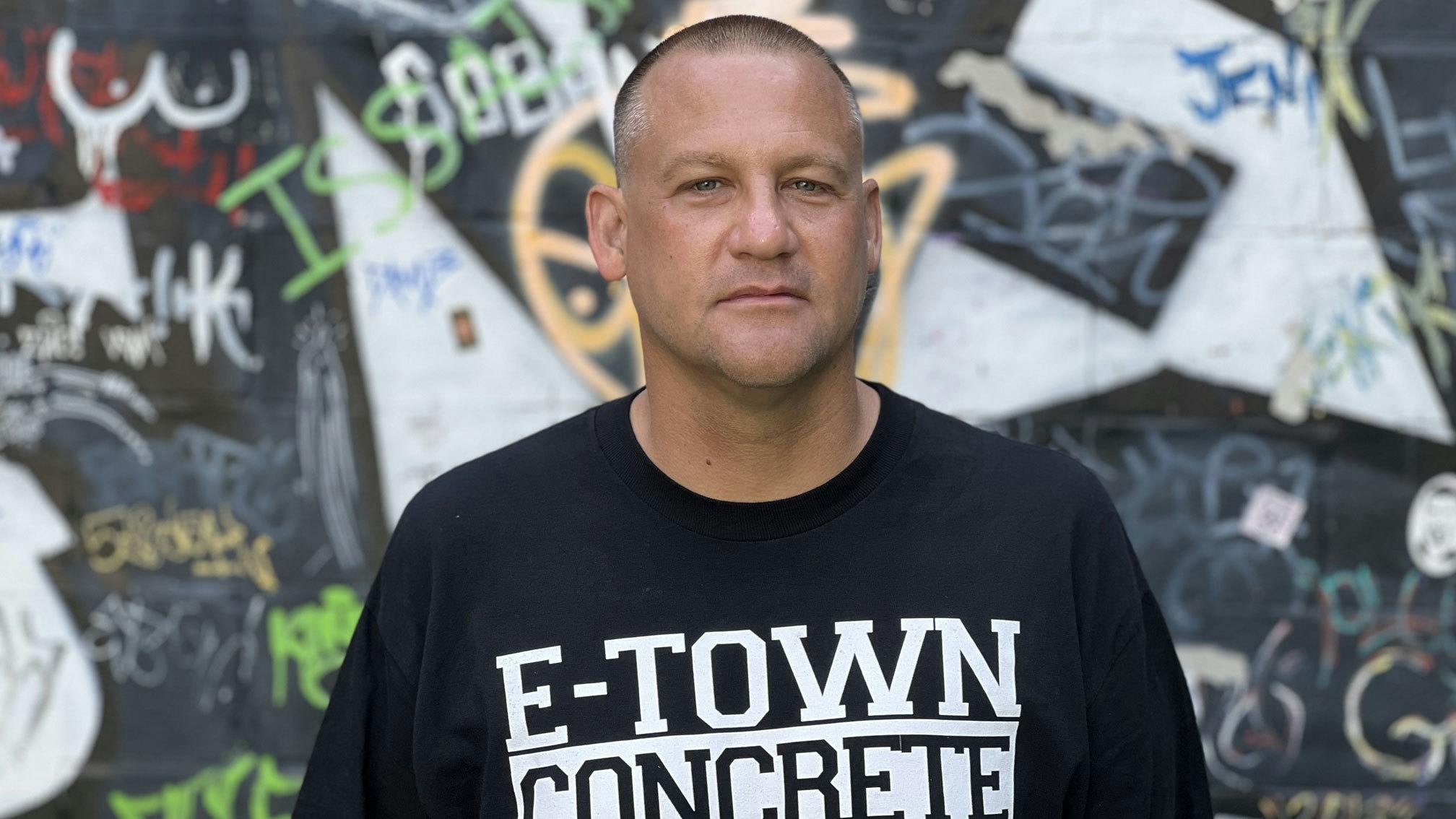How has listening to podcasts changed the way you think about things?
“I try to listen to stuff I’m going to enjoy and people I can respect. Just like with hardcore lyrics and reading interviews, people’s opinions have educated me and opened my mind to things, even if I completely disagree with them. You can say, respectfully, ‘I think that’s bullshit and get that out of my face,’ but any time you give your time to listening to people give their opinions you’re opening your mind to new things.
“One of the things I really love about podcasts is that I’ll listen to interviews with artists whose music is outside of my tastes, and when I hear their story and what they’re about, I’ll be more open to it. Before, if someone asked me if I liked a band I might say, ‘Nah, get that shit away from me.’ Now I’m like, ‘Not so much the music, but I checked the dude out and think they’re a pretty cool person.’ I don’t expect everyone to like me or my band, either, but I hope they respect how hard we work.”
Was your new album, Pain Into Power, hard work?
“What I’m about to tell you sounds like a lie, but is absolutely true. I thought it would be really easy, because the world has been so fucking insane over the past couple of years, so you would think there would be this lyrical outlet, and the music that was Terror writing was super-aggressive and really energetic… but, truth be told, when I started trying to write lyrics, I was kinda dead. I had nothing. Every couple months, I get fed up with the time I’m wasting on Instagram, seeing stuff that makes me feel negative, so I turned my Instagram off. I swear to God, the lyrics started pouring out of me. I don’t know why, but it happened and I wrote six songs in two weeks. I usually keep Instagram turned off for about a month at a time, if I can. After that I’ll get people reaching out to me asking if I’m okay (laughs). Man, this world is so fucking wacky.”
